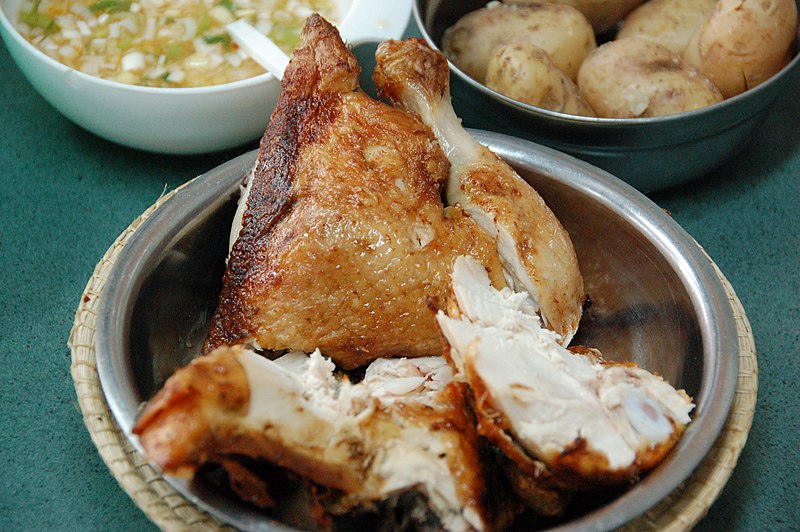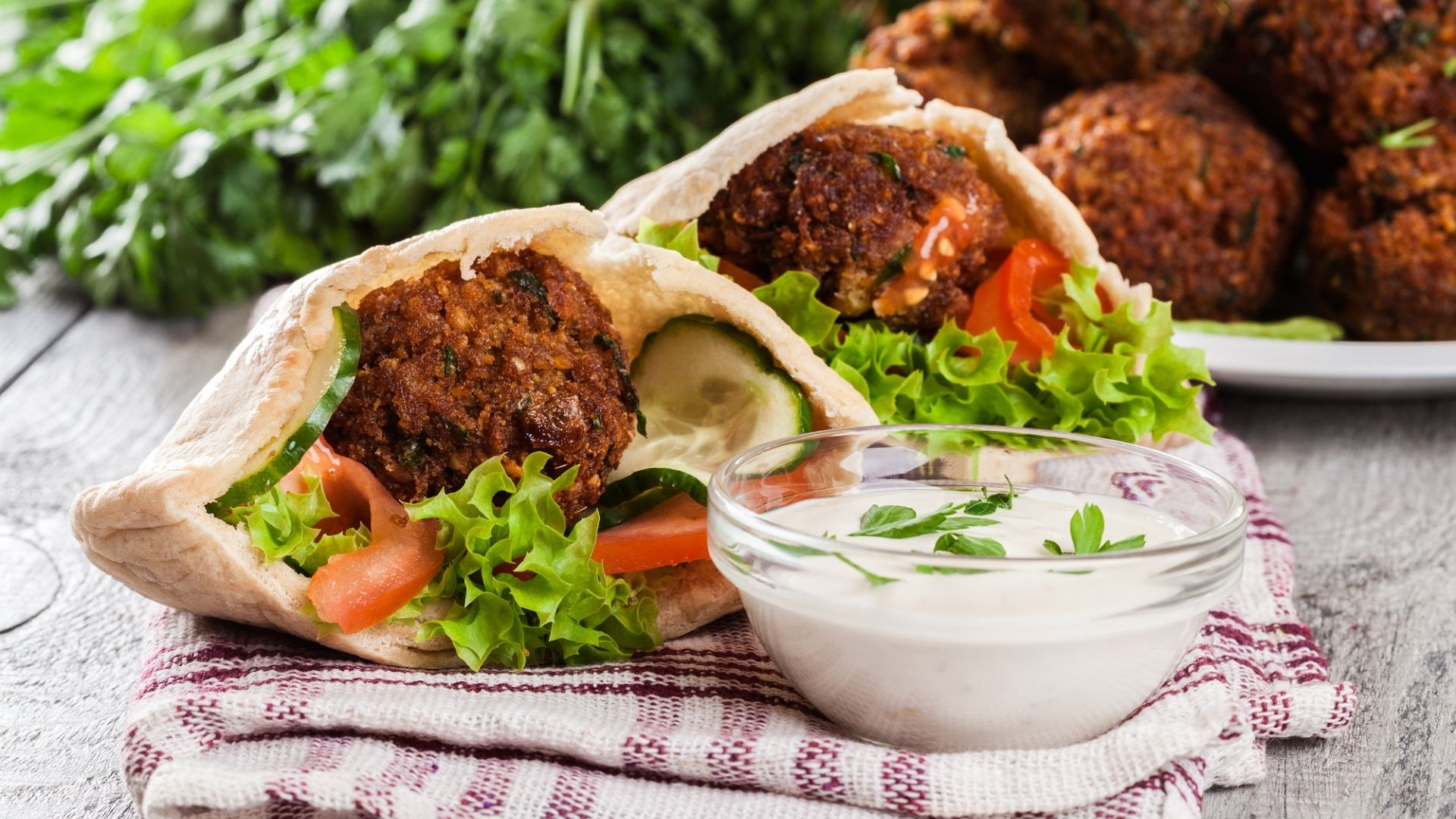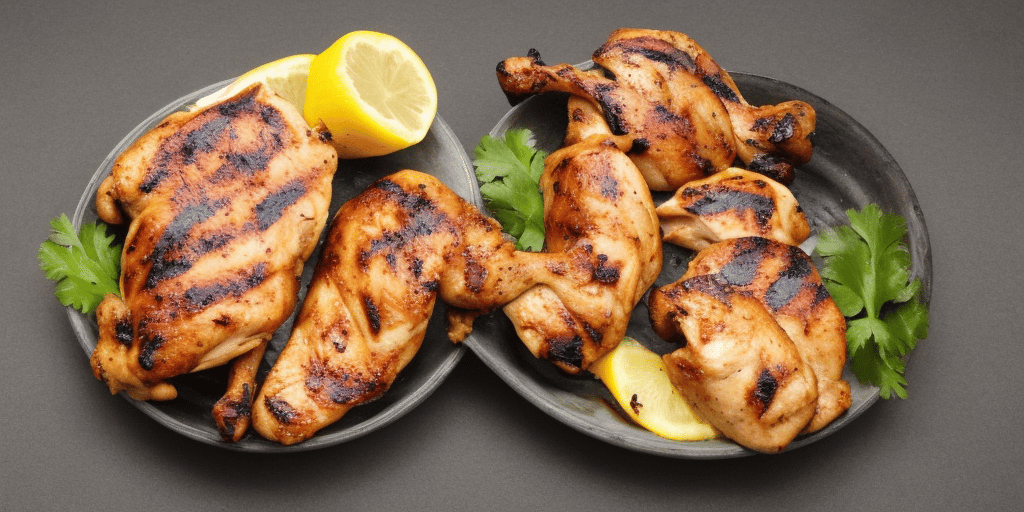Chives are one of the easiest and most flexible herbs to grow right at home.
They’re easy to plant and require little care.
But if you find yourself with an excess of these alliums, how do you know what to do with them once they’ve been harvested?
Here are a few tips for storing chives, as well as how long they should last and how to prevent them from going bad.
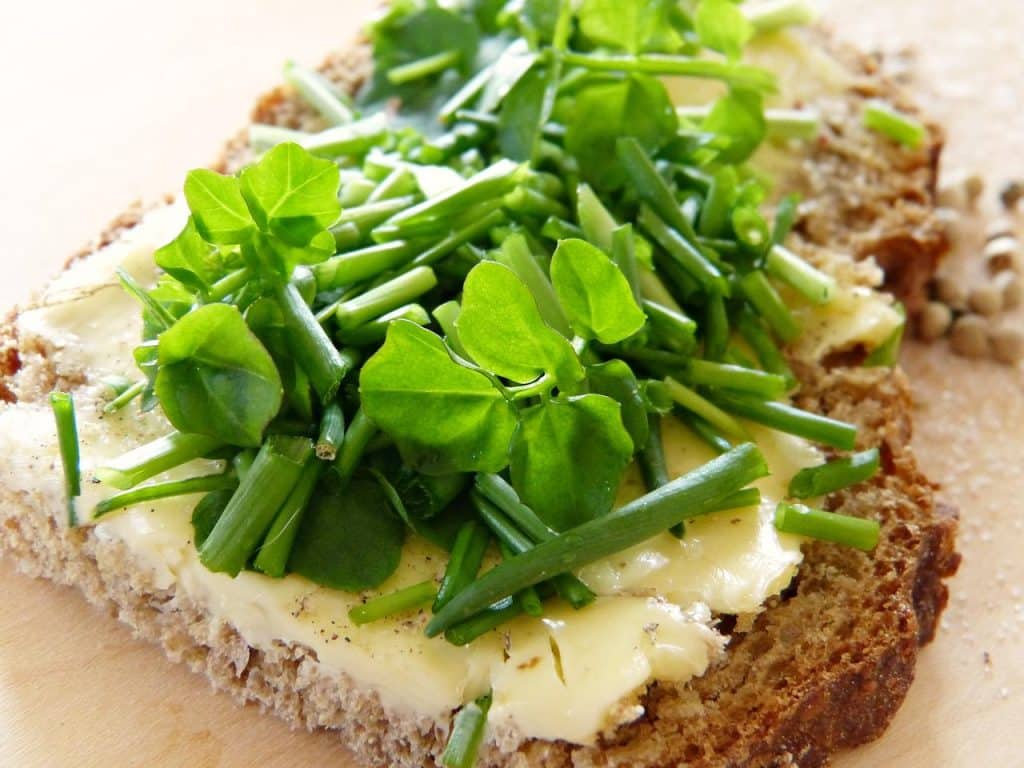
How long will chives last when stored in the fridge?
It depends on how you store them.
If you want to preserve the green color of your chives, then you need to keep them away from bright light and heat.
The best way to do this is by wrapping them in a damp paper towel and placing them in a plastic bag, which will keep them from drying out.
However, if you want them to stay crisp and green, then you’ll need to store them in the refrigerator.
This is also the best way to ensure that they don’t go moldy.
What is the best way to store chives?
You can either store chives in a plastic bag with a damp paper towel inside, or wrap them in aluminum foil.
Either way, make sure there’s no air between the leaf layers and that the leaves aren’t touching each other.
How long can chives be stored in the freezer?
If you choose to freeze your chives, you can either buy bags of frozen chives, or you can chop them up into small pieces and put them in ice cube trays.
After freezing, transfer the cubes to Ziploc freezer bags and label them accordingly.
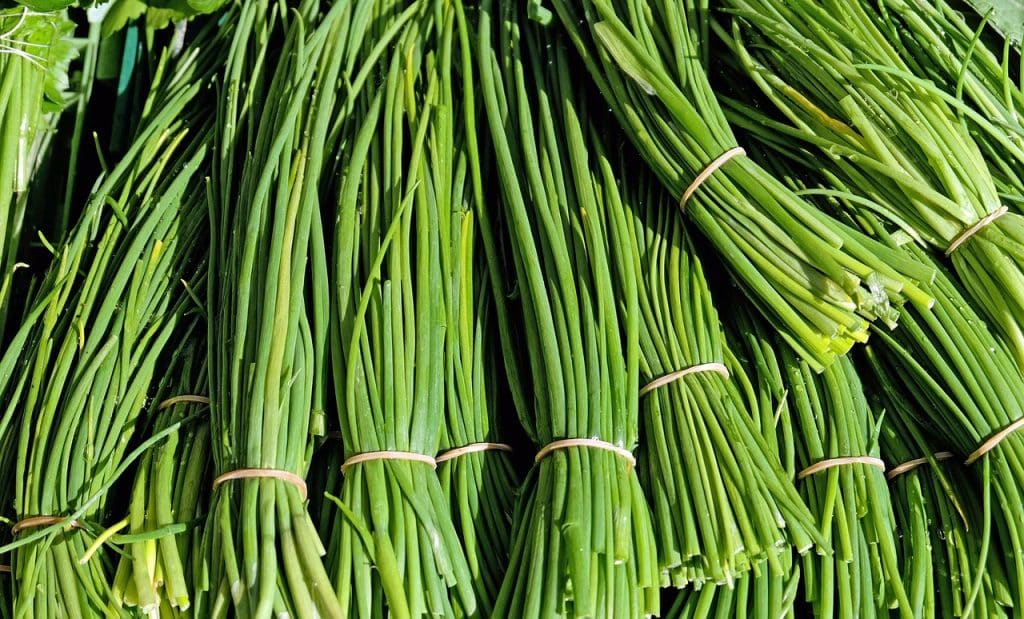
Is it better to store chives in the fridge or freezer?
The best thing about both methods for storing chives is that you can use them straight from the freezer or thaw them right out of the fridge.
How can I store chives so they last longer?
To keep your chives fresher longer, try putting them in a glass container with holes punched in the lid.
This allows oxygen to circulate around the leaves, keeping them from getting moldy.
What is the best way to keep chives fresh?
There are two ways to keep your chives fresh: refrigerate them and keep them in the dark, or freeze them and keep them in the dark.
Should I wash chives before storing them?
No, because washing chives removes their essential oils, which gives them their characteristic pungent smell.
You can rinse them under cold water, but that’s not necessary.
How often should I check on my stored chives?
When you first start growing chives, you may want to harvest everything you can get your hands on.
However, once you have enough to eat, you won’t need to worry too much about harvesting extra plants.
So after you harvest your chives, you shouldn’t need to harvest them again until next year.
What are some signs that chives have gone bad?
Some common signs that chives have gone bad include:
- Leaves that look yellowed and dried out.
- A strong odor.
- Holes on the leaves.
- Mold on the leaves.
What should I do with bad chives?
Chives are very perishable, so if you see any of these problems, throw them out immediately! Don’t let them sit around for too long, because they could become toxic.
What is the best way to keep chives fresh?
The best way to keep your chives fresh is to pick them early and leave them alone.
When it comes to preserving chives, you really only have two options: refrigerating or freezing.
It’s best to buy them already chopped up and frozen, because that way they’ll stay fresh for months without spoiling.
Should I wash chives before storing them?
Washing chives is unnecessary, since they contain natural waxes that protect them from moisture, humidity, and bacteria.
They’ll still be good even after being washed several times.
How often should I check on my stored chives?
Once you’ve harvested your chives, you’ll probably want to use them right away.
However, you can store them in the fridge for up to four weeks, and you can keep them in the freezer for three months.
What are some signs that chives have gone bad?
The best way to tell if your chives have gone bad is by looking at them.
If they’re wilted, brown, or discolored, then they’re definitely past their prime.
Also, if they’re moldy, then you’ll want to toss them out immediately.
What should I do with bad chives?
If you notice any of these symptoms, it’s time to discard your chives.
You can compost them, but you might as well just toss them out now.
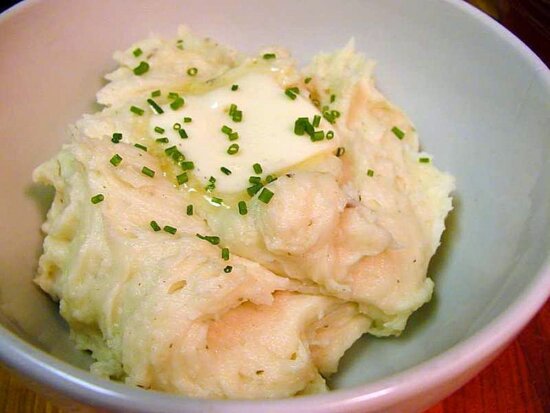
Creamy Chives Potatoes
Equipment
- 1 saucepan large
Ingredients
- 4 large potatoes about 1 1/2 pounds, peeled, cut into 1/2" cubes
- 1 1/2 cups half-and-half
- 4 tablespoons unsalted butter about 1/2 stick
- Kosher salt
- 1/4 cup fresh chives chopped
Instructions
- In a large saucepan, combine potatoes, half-and-half, and butter; season with salt.
- Bring to a boil, then reduce to a low heat and cook, stirring occasionally, for 25-35 minutes, or until potatoes are tender (the tip of a paring knife meets no resistance) and sauce is thick.
- Season with salt and stir in the majority of the chives.
- Before serving, sprinkle with the remaining chives.
Video
Nutrition
- How To Tell If Sausage Is Bad? - July 3, 2025
- Where Are Pierogies From? - July 3, 2025
- Can You Freeze Cornbread? - July 3, 2025
